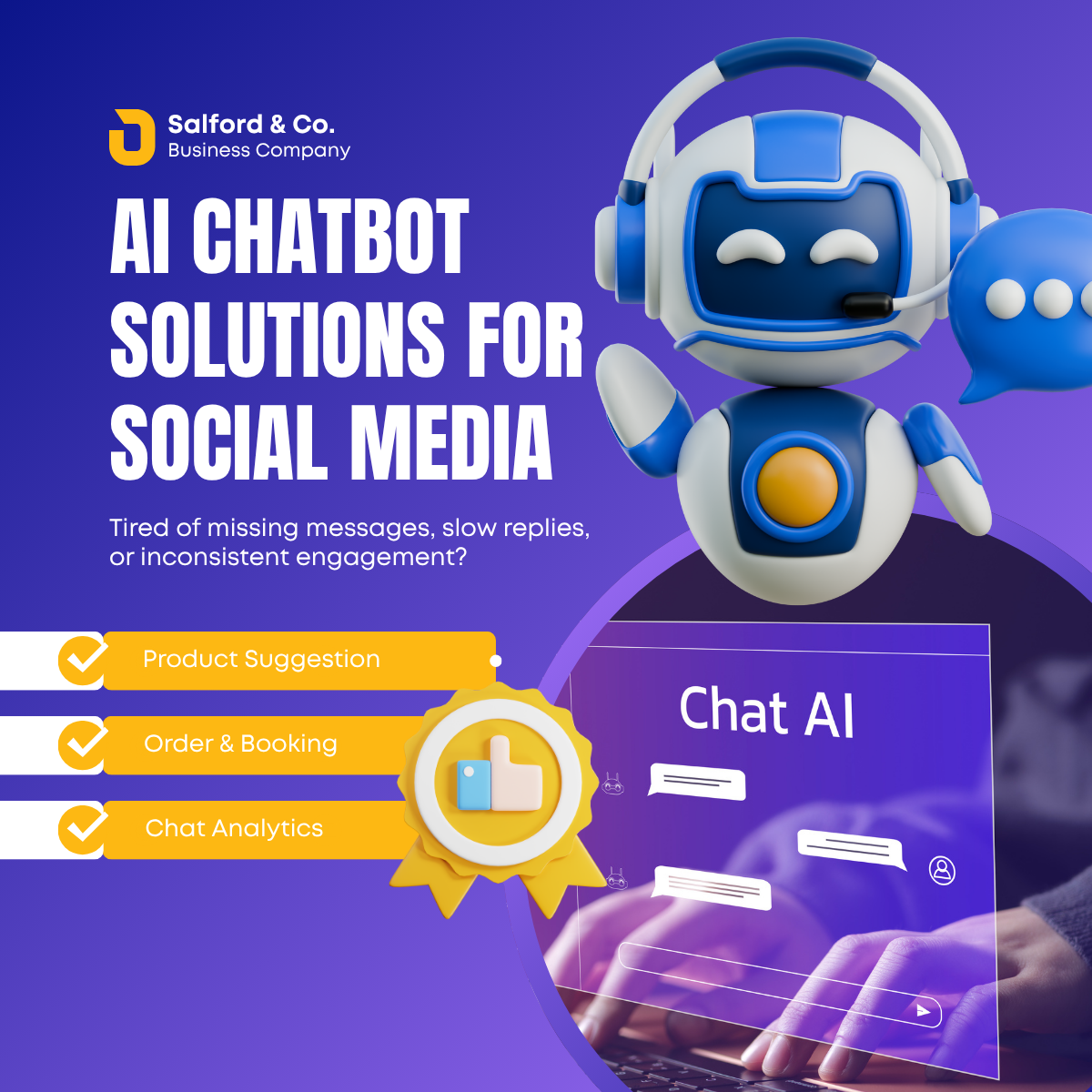OpenAI DevDay Recap: Key Announcements & Innovations
OpenAI DevDay 2025 unveiled groundbreaking innovations, including GPT-4o with real-time multimodal capabilities, enhanced memory, redesigned APIs, and advanced tools for building custom GPTs—empowering developers to create smarter, more integrated, and scalable AI applications across a wide range of industries.

OpenAI DevDay Recap: Key Announcements & Innovations
OpenAI’s first-ever DevDay, held in 2025, marked a significant milestone in the evolution of artificial intelligence. With developers tuning in from around the world, the event delivered a series of impactful announcements that set the tone for the future of AI development, integration, and real-world use.
From introducing its most powerful model yet to launching new tools that simplify AI workflows, OpenAI DevDay reaffirmed its commitment to making AI more accessible, scalable, and useful for everyone—from solo developers to large enterprises.
1. Launch of GPT-4o: The Omni Model
The highlight of the event was the unveiling of GPT-4o ("o" for omni), OpenAI’s latest flagship model. GPT-4o represents a major leap forward with native multimodal capabilities, allowing it to understand and generate text, images, and audio in real time—within a single unified model.
Key Features of GPT-4o:
-
Real-time voice interactions with emotional tone, interruptions, and natural conversation flow
-
Image and document understanding, including charts, screenshots, and complex visual data
-
Faster and more affordable than GPT-4 Turbo, with significant latency improvements
-
Available to free-tier ChatGPT users with certain usage limits, making it more accessible
This all-in-one model enables fluid human-AI interaction, setting a new benchmark for conversational agents and assistants.
2. Enhanced Memory for ChatGPT
Another major upgrade announced was the rollout of memory for ChatGPT, allowing the assistant to remember user preferences, names, goals, and context across sessions.
Benefits:
-
Personalized experiences that adapt over time
-
Ability to turn memory on or off, or view and delete stored memories
-
Improved continuity for recurring tasks and long-term projects
This feature makes ChatGPT more useful as a true digital assistant, not just a one-time tool.
3. Custom GPTs Made Easier
OpenAI has expanded support for Custom GPTs, allowing anyone to build their own version of ChatGPT tailored to specific use cases—without writing code.
New Enhancements:
-
GPT Builder UI for no-code GPT creation
-
Upload files, APIs, and custom instructions
-
Share your GPTs through public links or the GPT Store
This opens powerful personalization opportunities for businesses, educators, creators, and support teams.
4. New and Improved APIs for Developers
To support seamless development, OpenAI introduced several API updates:
-
Unified API endpoints for all GPT-4o capabilities
-
Simplified integration of vision, voice, and file analysis
-
Improved rate limits and cost efficiencies
-
Assistants API: A new tool to build AI agents with long-term memory, tool use, and workflows
These changes make it easier than ever to build production-ready AI solutions.
5. GPT Store and Plugin Ecosystem
OpenAI also expanded the GPT Store, where developers can publish and monetize their Custom GPTs. The plugin ecosystem continues to grow, offering enhanced functionality for ChatGPT Pro users across industries—from productivity to data visualization.
6. Commitment to Safety & Alignment
Throughout DevDay, OpenAI emphasized its dedication to safety, transparency, and alignment. With real-time AI capabilities becoming more powerful, the company highlighted efforts in content filtering, watermarking, and collaboration with external researchers to ensure responsible deployment.


 author
author 








